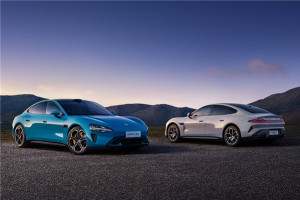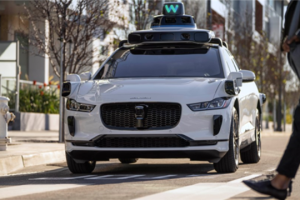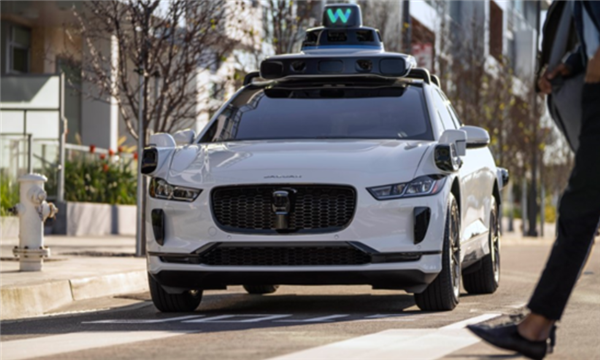June 26, 2025 – Rouven Mohr, the Chief Technical Officer of Lamborghini, has stated that the adoption of synthetic fuels will enable the brand to carry on its legacy of building internal combustion engines, even as the world moves aggressively towards electrification.
The Lamborghini Temerario marks the brand’s first mass-produced vehicle to support synthetic fuels. This car is equipped with a brand-new 4.0-liter twin-turbocharged V8 engine that can rev up to an astonishing 10,000 revolutions per minute, a rarity among turbocharged engines in its class. Additionally, the Temerario comes with a tri-motor system.

In an interview with CarExpert, Mohr emphasized that the Temerario’s compatibility with both conventional and synthetic fuels showcases the brand’s unwavering commitment to internal combustion engines. “I’m not claiming that synthetic fuels are superior to fossil fuels, but they could be the key to preserving internal combustion engines. The goal in developing this new engine was to achieve a balance between performance and efficiency when running on either type of fuel,” he said.
Lamborghini is not oblivious to the impending electric era. The company has already begun work on its first electric vehicle. However, Mohr pointed out that for a brand like Lamborghini, electric drive systems have yet to truly deliver the kind of driving excitement that enthusiasts expect.
“From an emotional standpoint, current electric vehicle solutions just aren’t compelling enough. While this transition is inevitable, it will take time. We can’t simply declare the end of internal combustion engines. There will come a day when the new generation, who have grown up in the era of electrification, look back and say that traditional internal combustion engines are actually pretty cool,” Mohr remarked.
Synthetic fuels aren’t just for new cars. Mohr stressed that since the vast majority of Lamborghini vehicles are still on the road, the brand must provide fuel solutions that will keep these classic models running in the future, especially in light of the potential internal combustion engine ban that could be implemented in 2035.












